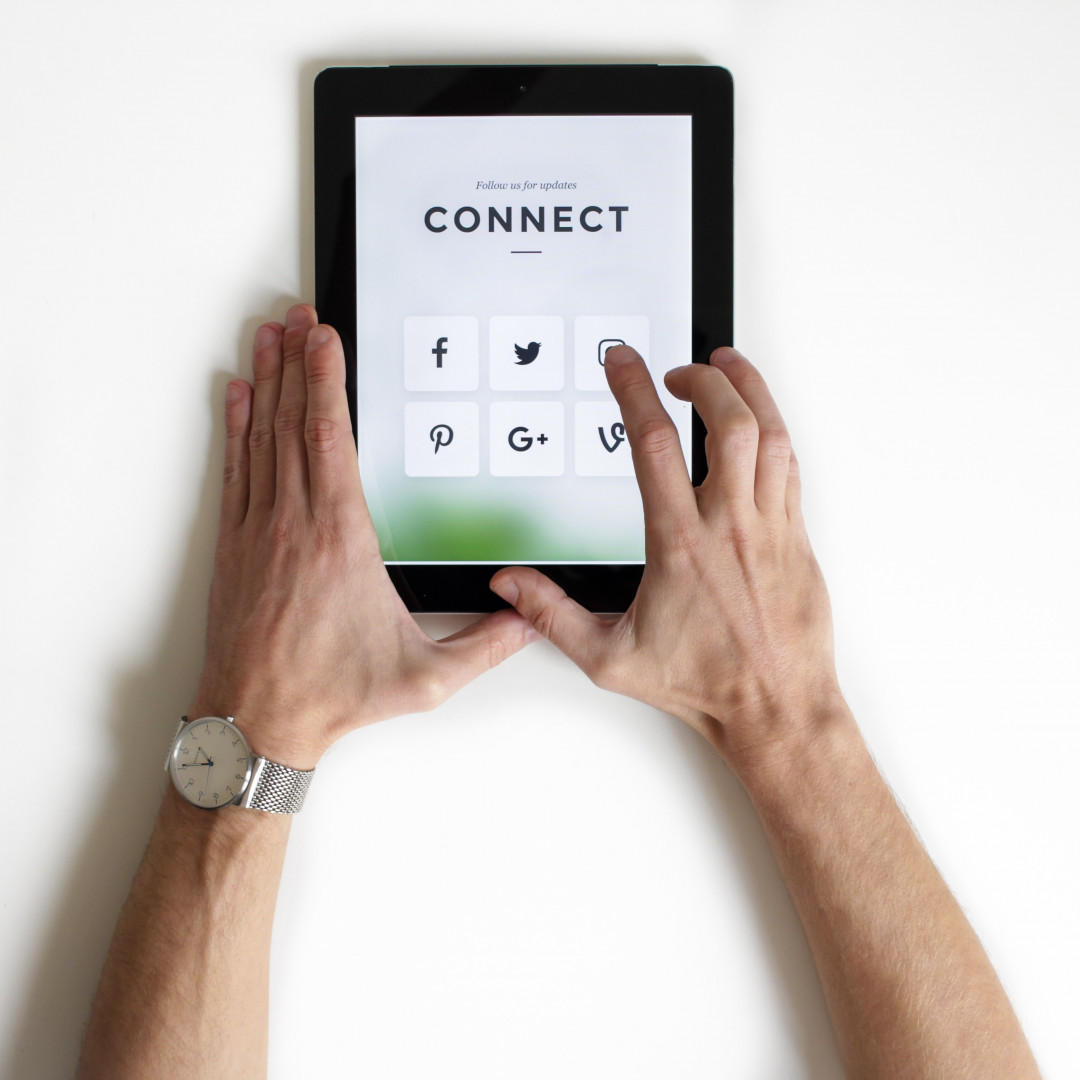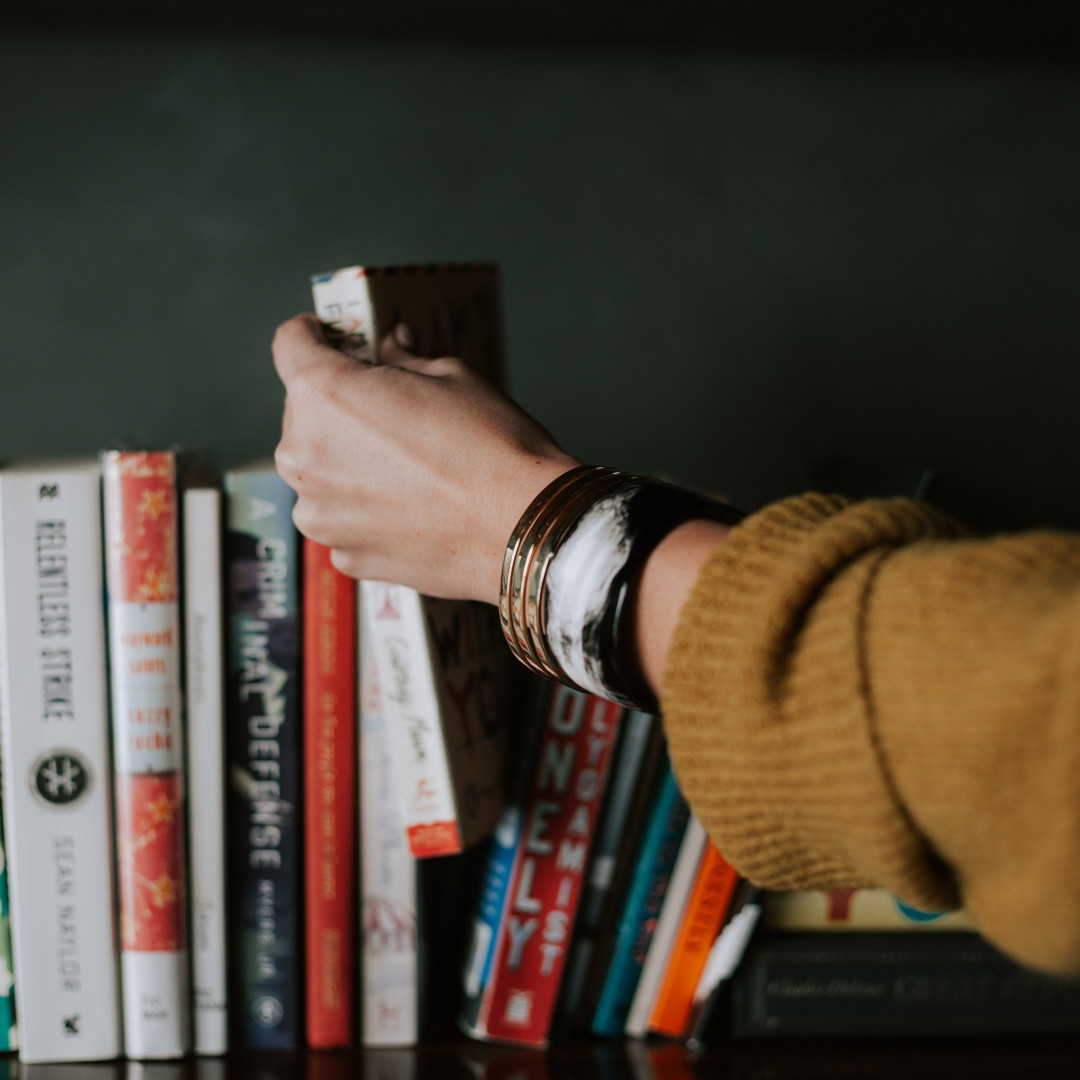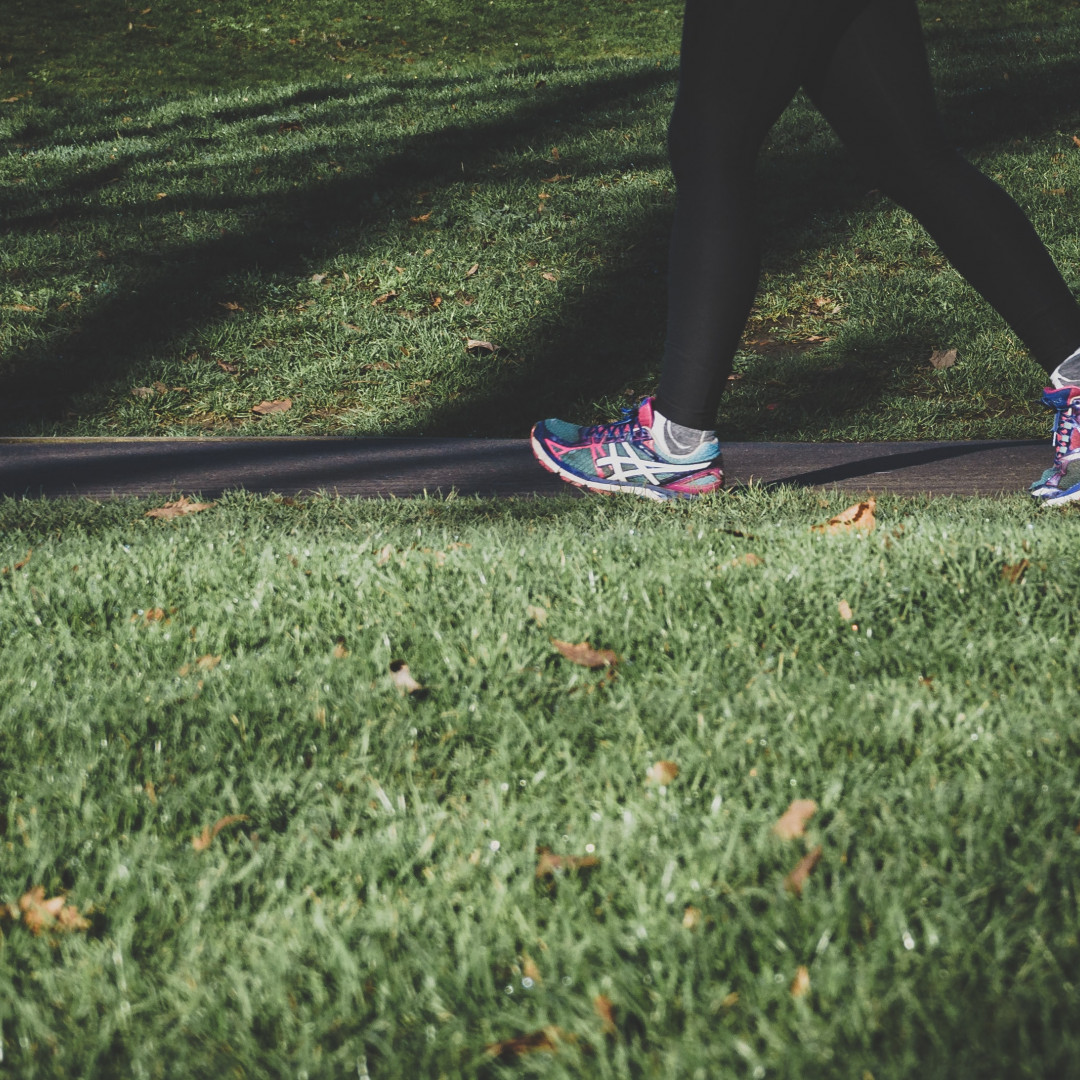Blog: Alcohol, Stress & Mental Health
In these difficult times and with us spending more time at home, it’s not surprising that some people look to alcohol to help them cope. But as lockdown continues it is important to keep our intake in check and find different ways of coping.
Why do we drink more when under pressure?
For many, alcohol is a major part of our culture at home, at work and in our free time. When we are under pressure, and our resilience is low, it’s easy to say, "go on then".
Alcohol initially helps us relax, but this is of course, only short-lived. By getting into a pattern of drinking to relax, we can create a set of subtle cues including sounds, actions, smells and feelings connected to preparing and having a drink. These become part of the short term effect it has on our feelings and that can form a habit or make it stronger.
We may also be drinking more because we are bored, or out of our usual work routine. There is also some research that shows that we pour larger drinks, when it comes to wine and spirits, at home than we would be poured at a pub. So, we might be drinking more without planning to or knowing it.
What happens when we drink more?
As a depressant, alcohol affects our mood, our ability to be patient and tolerant, it can make us feel depressed or anxious or heighten these feelings if we have them already.
Many admissions to A&E at the PEH each year are alcohol-related, including falls and accidents in the home. So, another good reason to keep the amount we drink in check is so that we can do everything possible to stay out of hospital and reducing unnecessary burden on our health system at this time of pressure. Alcohol is also involved in many cases of domestic and family violence.
Drinking alcohol can undermine our immune system and even short-term “binge” drinking has been shown to have negative effects. Reducing the amount of alcohol we drink, alongside other behaviours such as keeping active, eating well, can help our immune function.
Alcohol can also disturb our sleep. Although we might fall asleep quicker due to the sedating effects, alcohol disturbs the quality of our sleep, increasing snoring, and prompting extra trips to the bathroom! Being tired and anxious the next morning may not be the best start to the day.
So, what are the recommendations?
The guidelines for low risk drinking are 14 units a week for both men and women spread over 3 days or more with at least 2 or 3 alcohol free days each week. This can look like 6 medium glasses of wine, 6 medium strength beer/lager or 7 double shots of spirits. See here for more information.
If you can, plan which days will be alcohol free. Agreeing these days with other adults in your household will help too. Think about when in the day you would usually have a drink (5:30, 6pm?) and plan an alternative to help you relax (ideas below). It might even help to stick a note in your cupboard or fridge to remind you.
Managing stress without alcohol
There are many blogs on Alcohol Change UK which give ideas of how to relax without alcohol. Below we've reproduced some ideas from Alcohol Change UK, and adapted them for Islanders.
1. Get outside and go for a walk
Most of us can still have up to 2 hours of activity per day, so put your shoes on and get some fresh air. The lighter evenings help too. Put your headphones in and listen to some music, a podcast or an audiobook as you walk can help to clear your head and relax without alcohol. Remember to follow local guidance on social distancing.
2. Read the book you've not had time to recently
If you can, leave your phone in another room, and settle down with a good book. If you struggle to concentrate on reading, why not try listening to an audiobook?
3. Stay connected
It is important to stay connected with our family and friends even if we can’t meet up in person. Give them a call, video call, but do it with a non-alcoholic tipple. Guernsey Mind have local groups running online. See their Facebook page or call 722959 for details of how to connect.
4. Take a bath
Baths are often a great way to relax without alcohol. Find a quiet time (when the children have gone to bed or after supper), running the bath, using bath oil or bath salts and picking out a book or magazine to read – all add to the relaxing routine.
5. Practice yoga or any exercise you enjoy
Yoga is great for relaxation, but if yoga isn’t for you then any exercise you enjoy can help you relax and unwind. There are lots of online ideas, including from local providers for every level that you can do at home or find the bike hiding in the garage and go for a cycle in the fresh air.
6. Happiness projects & mindfulness
Doing a “well-being project” can be a good distraction and also increase your happiness. See the list compiled below by local Consultant Clinical Psychologist Dr James Murray.
So, enjoy a drink or two, but try to stick to the guidelines and monitor your stress levels to look after your mental and physical well-being.
Further information and local support
If you are concerned about your drinking or a loved one’s then local support is available from:
Action for Children 01481 700218 guernsey@actionforchildren.org.uk. Online support for parents.
Community Drug & Alcohol Team (CDAT) 01481 725241 ext. 3530 hsc-cdat@gov.gg
Guernsey Alcohol Advisory Service (GAAS) 01481 723255 gaas@gaas.org.gg
Guernsey Mind 01481 722959
In-dependence 01481 729000 info@independence.gg


